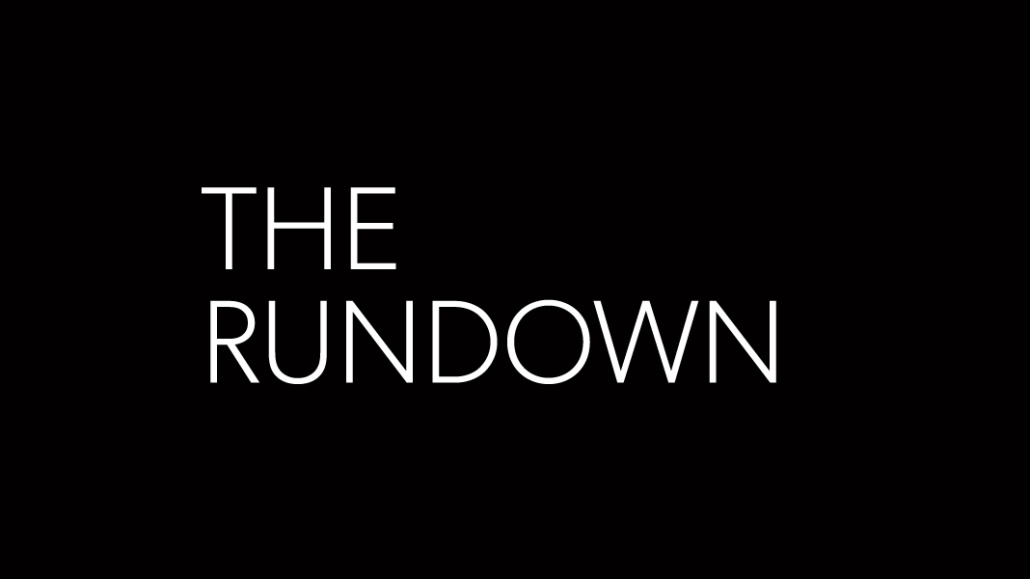Secure your place at the Digiday Publishing Summit in Vail, March 23-25

Publishers probably didn’t need another reminder of how they’ve allowed themselves to be at the mercy of Google and Facebook. Tomorrow’s enforcement deadline for the General Data Protection Regulation is a stark reminder.
Google had three years to come up with a workable solution to GDPR, yet at the eleventh hour is rushing through a patch without much in the way of consultation with the publishing industry. The meetings Google is holding today with publishers have been met with private — and some rare public — exasperation from publishers. Many are declining to attend, fearing the meetings will follow the typical publisher-platform interaction: private head-patting while the rules of the road are written behind closed doors and without much publisher input.
The basic issue: Google wants publishers to get consent on Google’s behalf. Like everything with GDPR, the details are messy. But with the risks high — GDPR could put violators on the hook to the tune of 4 percent of global revenue — Google is playing its leverage card. Most times, Google acts as a fairly benevolent monopoly. Google disputes the M-word, but its stranglehold on the digital advertising business is hard to ignore. Sometimes, it feels the need to throw its weight around.
Earlier this week, an agency CEO was sighing over GDPR, lamenting the endless meetings and discussions with clients. I asked a simple question: Who loses? He laughed. “Publishers, of course.”
At a Digiday+ event last night, Bustle CEO Bryan Goldberg noted that the truth is, on practical matters, Google is far more dominant and controlling than Facebook. Of course, Facebook has made a series of missteps that have put it, more than Google, in the eye of regulators. But in truth, regulators would be wise to look more at Google’s dominant position.
Publishers aren’t easily able to opt out of this dominance, of course. But several are speaking up more vocally than ever. Too often in the past, in dealing with platforms, publishers have gone rushing to embrace whatever new initiative Google and Facebook have rolled out. The rolling pivot to realism is putting an end to that, as publishers look more closely at what maps to their strategies. Take The Weather Channel walking away entirely from Facebook video. Publishers would be wise to take heed of his poignant summary of why:
“We went along for the ride every single step of the way. But we noticed, over the course of two years, that we were being paid in all types of currencies — followers, shares, views — that did not feel like money.”
Many publishers have made strategic errors over the years in willingly allowing themselves to be yoked to platforms, on both the distribution and monetization sides. To fix that, publishers will need to forgo the short term in favor of building long-term strategies.
More in Media

Media Briefing: As AI search grows, a cottage industry of GEO vendors is booming
A wave of new GEO vendors promises improving visibility in AI-generated search, though some question how effective the services really are.

‘Not a big part of the work’: Meta’s LLM bet has yet to touch its core ads business
Meta knows LLMs could transform its ads business. Getting there is another matter.

How creator talent agencies are evolving into multi-platform operators
The legacy agency model is being re-built from the ground up to better serve the maturing creator economy – here’s what that looks like.





